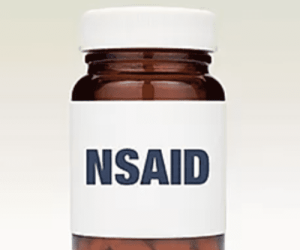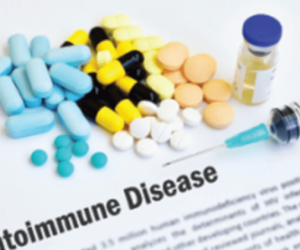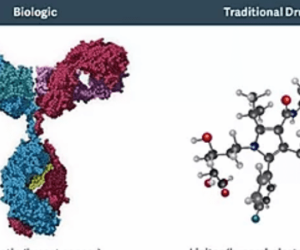Treatment & Medication
- Home -> Treatment & Medication
Arthritis treatment focuses on relieving symptoms and improving joint function. You may need to try several different treatments, or combinations of treatments, before you determine what works best for you.
The medications used to treat arthritis vary depending on the type of arthritis and can be divided into three: broad groups, namely:
Disclaimer: The advice given on this website is not specific and cannot replace the advice given to you by your health professional.

ANALGESICS
These relieve pain but have no effect on inflammation. They are used for many different types of arthritis and are often used together with other drugs.
-
AcetaminophenTylenol, etc
-
TramadolUltram, ultracet, etc
-
Oxycodone-containing productsPercocet, Oxycontin, etc
-
Hydrocodone-containing productsNarco, Vicoprofen, etc

NSAIDs
NSAIDs reduce both pain and inflammation. Over-the-counter NSAIDs include ibuprofen (Advil, Motrin IB, others) and naproxen sodium (Aleve). Some types of NSAIDs are available only by prescription. Oral NSAIDs can cause stomach irritation, and some may increase your risk of heart attack or stroke.
Some NSAIDs are also available as creams or gels, which can be rubbed on joints. Some varieties of creams and ointments contain menthol or capsaicin, the ingredient that makes hot peppers spicy.
-
IbuprofenAdvil, Motrin IB, etc
-
Naproxen sodiumAleve, etc
-
Diclofenac gel / creamVoltaren, etc

DMARDs A
Often called second line drugs; used to treat rheumatoid arthritis (RA) are to slow or stop your immune system from attacking your joints.
They reduce pain, swelling and stiffness. They do not work at once but may take several weeks to become effective. If you do not do well on one of these drugs, or if you develop any side-effects, then your doctor may try one of the others or a combination of several.
-
HydroxychloroquinePlaquenil
-
Leflunomide
-
Penicillamine
-
Sulfasalazine

DMARDs B
These relieve pain but have no effect on inflammation. They are used for many different types of arthritis and are often used together with other drugs.
-
MethotrexateTrexall
-
Azathioprine
-
Cyclosporin
-
Cyclophosphamide

BIOLOGICS
Typically used in conjunction with DMARDs. Biologic response modifiers are genetically engineered drugs (injected) that target various protein molecules that are involved in the immune response. Examples include etanercept (Enbrel) and infliximab (Remicade).
Biologics are commonly used for people who have not responded to other DMARDs. The B-cell drug rituximab is the newest drug in this group. Currently very costly due to extensive research and development.
-
Anti TNF adalimumab
-
Etanercept
-
Infliximab

CORTICOSTEROIDS
Corticosteroids are very effective in controlling inflammation and may have some disease-modifying effects. However, if used for a long time (many months) or in high doses they produce side-effects. For this reason doctors try to avoid these drugs or use them in as low a dose as possible.
Osteoporosis (thinning of the bones) can be caused by steroids and for this reason your doctor may prescribe treatment to protect your bones while taking steroids.
-
Prednisone
-
Cortisone



